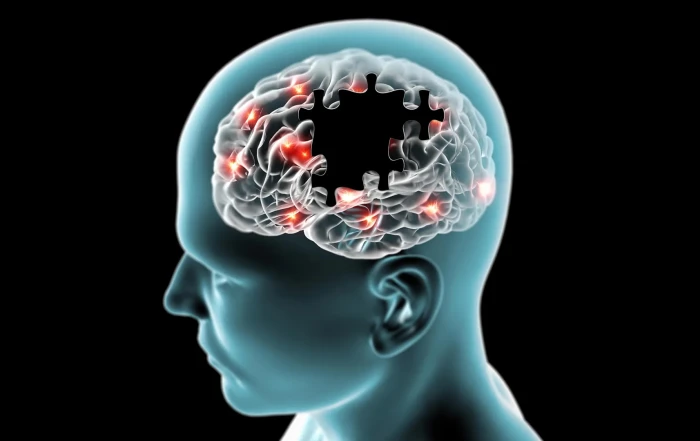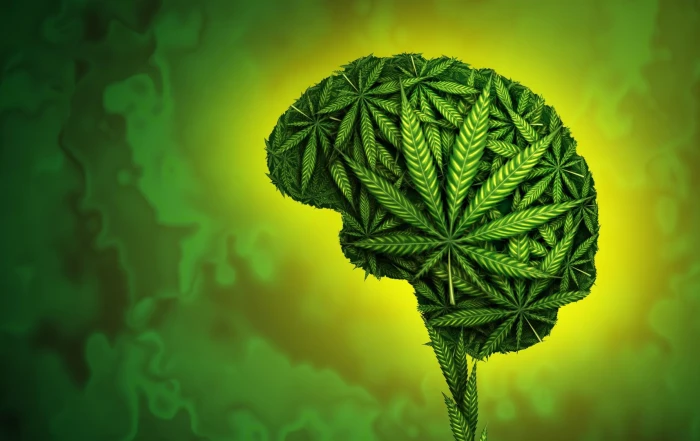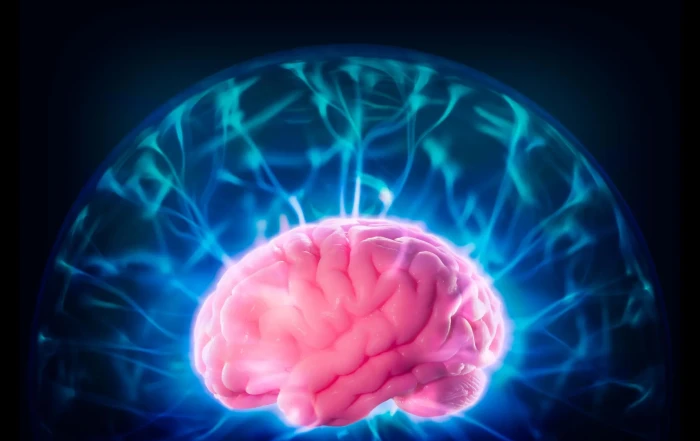Sleepless nights may raise dementia risk by 40%, Mayo Clinic reveals
Chronic insomnia may do more than leave you groggy, it could speed up brain aging. A large Mayo Clinic study found that people with long-term sleep troubles were 40% more likely to develop dementia or
Experts warn: Smartphones before 13 could harm mental health for life
Getting a smartphone before age 13 may drastically increase the risk of poor mental health later in life, according to data from more than 100,000 people. Early use is linked to suicidal thoughts, aggression, and
Stronger weed, higher risk? Potent THC linked to psychosis and addiction
A sweeping review of nearly 100 studies has raised concerns about the mental health impacts of high-potency cannabis products. Researchers found strong links to psychosis, schizophrenia, and cannabis use disorder, while results for anxiety and
The midlife crisis is over, but something worse took its place
Once a universal feature of human psychology, the “unhappiness hump” in midlife has disappeared, replaced by a new trend: mental health is worst in youth and improves with age. Data from the U.S., U.K., and
Lithium deficiency may be the hidden spark behind Alzheimer’s
Harvard scientists have uncovered that lithium, a naturally occurring element in the brain, may be the missing piece in understanding Alzheimer’s. Their decade-long research shows that lithium depletion—caused by amyloid plaques binding to it—triggers early
Cannabis for coping? Why it may trigger paranoia
Using cannabis to self-medicate comes with hidden dangers—new research shows these users face higher paranoia and consume more THC. Childhood trauma further amplifies the risks, especially emotional abuse, which strongly predicts paranoia.
9 in 10 Australian Teachers Are Stressed to Breaking Point
Australian teachers are in crisis, with 9 in 10 experiencing severe stress and nearly 70% saying their workload is unmanageable. A major UNSW Sydney study found teachers suffer depression, anxiety, and stress at rates three
A safe painkiller? New research raises concerns about Tylenol’s safety in pregnancy
A large-scale review finds that acetaminophen use during pregnancy may increase the risk of autism and ADHD in children. The strongest studies showed the clearest links, pointing to biological pathways like oxidative stress and hormone
Is ketamine the answer for chronic pain? New findings cast doubt
A sweeping review of 67 trials has cast doubt on the use of ketamine and similar NMDA receptor antagonists for chronic pain relief. While ketamine is frequently prescribed off-label for conditions like fibromyalgia and nerve









